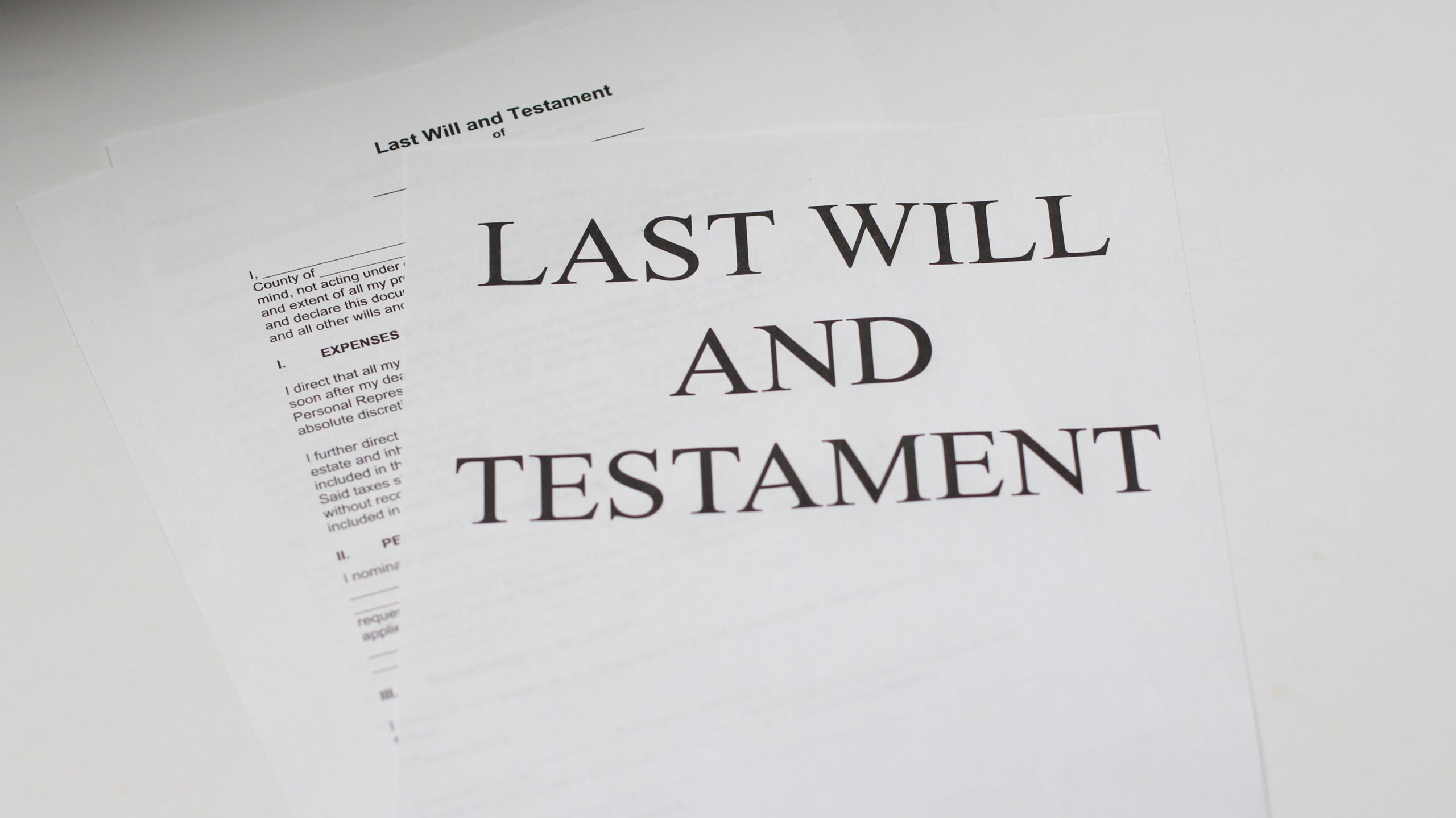1) Flexibility – The revocable living trust can provide a flexible mechanism for managing assets should a person become incompetent or has diminished capabilities.
2) Avoid probate – probate is a judicial process where a will is reviewed (typically) by a judge to determine whether it is valid and authentic. The court then appoints either the executor/personal representative named in the will, or an administrator (if there is no will) to help distribute the deceased person’s assets to the beneficiaries. If the deceased person’s assets are in a trust, the property does not need to go through probate because the successor trustee can distribute the trust property to the beneficiaries according to the terms and conditions of the trust.
3) Avoiding probate tax – probate court charges a fee to administer a will. For example, in Maryland, a $1,500 fee is assessed on a $1 million probate estate. In Virginia, that fee is around $1,330. Since a revocable living trust does not need to go through probate, your estate will not need to pay the probate court’s fees.
4) Avoid guardianship – A revocable living trust generally owns all of the grantor’s property and can reduce or eliminate the need to initiate a guardianship of the property for managing a disabled person’s (i.e., grantor’s) property.
5) Privacy – unlike a will, a revocable living trust is a private document. A will on the other hand has to go through probate, which is a public process. This means, anyone can review all assets owned by the decedent, accounting of the estate assets, and income & expenses of the decedent’s estate. If privacy is important to you, you should consider creating a revocable living trust.
Please schedule your free 15-minute consultation to determine whether a Revocable Living Trust is right for you! You can contact us using the “Contact Us” form online, or simply call (202) 743-1656.







